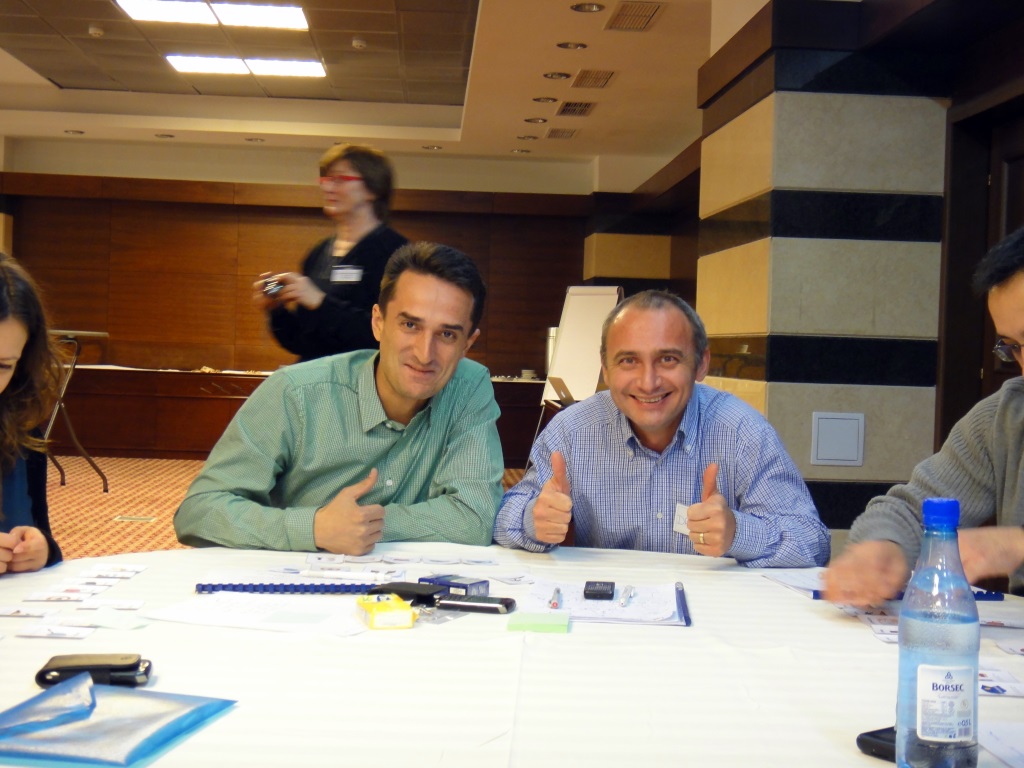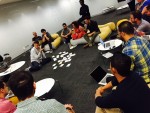Agile Management is the missing ingredient to complement Agile development. Self-organizing teams need managers to…

Workshop Management 3.0
I now apply Management 3.0 to the management of my workshops!
The approach to organizing my new one-day workshops is a bit weird, I admit. That’s because I don’t care about doing things the “normal” way. What I care about is exploring new ways to organize events. What I also care about is practicing what I preach in terms of modern management practices.
The traditional approach to organizing a workshop is—I’ve done this many times—that you hire one local company who is then responsible for many different activities:
- Marketing of the workshop
- Selling the workshop
- Registering participants
- Arranging the venue
- Arranging the food
- Suggesting a pre/post-event program
- Invoicing the participants
- Paying bills to suppliers
- Etc…
After having done eighty Management 3.0 courses all over the world, I have enough experience to claim that, usually, local organizers are good at some things and not at other things. For example, they are good at logistics, but bad at marketing. They are good at selling the workshop, but bad at handling finances. They are good at arranging an evening program, but they suck at picking a good venue or food.
What’s even worse: there is little learning involved because each local organizer handled my classes only once or twice. That means, no iterations, no learning, no improvement.
One of the main ideas of Management 3.0 is: delegate work to competent people and let them self-organize, within proper constraints.
Asking one local company to take responsibility for everything around my workshops means trusting them to be a Management 3.0 company. And, sadly, no matter how much I like them, most of them are not. I cannot expect them to be good at everything, and they certainly don’t manage things in the same way as do.
That’s why I’ve decided to organize things differently now.
I delegate everything, but I delegate to different people.
The people who do marketing (delegated to Collaboration Superpowers) are not the same as those who do invoicing (delegated to Happy Melly entities). Those who arrange the venue (delegated to a local supporter) are not the same as those who decide on the evening program (delegated to the workshop participants).
Obviously, this means plenty of work for management (= me together with Lisette and Elinor) because someone needs to coordinate these activities. But when you organize workshops to help people learn about better management practices, it’s better to eat your own dogfood and lead by example.
I’m sure we will fail in some ways, and we will learn. But, with the same management team now responsible for dozens of workshops around the world, we can iterate and improve much faster. 🙂









